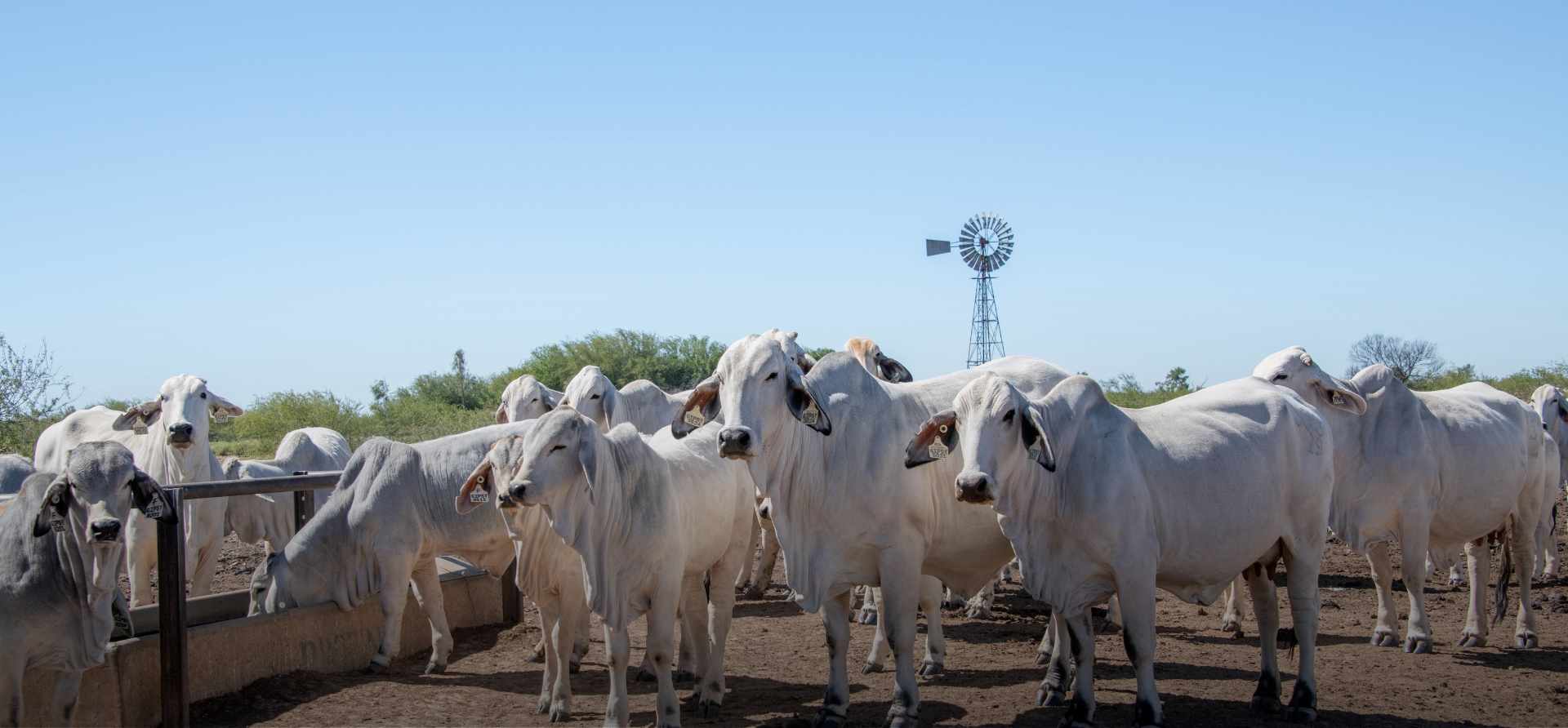
Committed to Innovations to Reduce the Need for Antibiotics and Collaborations that Take a One Health Approach
Antimicrobial resistance (AMR) continues to be important for us at Zoetis, as well as for our customers and the entire animal health sector. It’s why we made industry-wide commitments to the global challenge of AMR — as published in 2019 by HealthforAnimals as the ‘Roadmap to Reducing the Need for Antibiotics,’ a strategy for addressing antimicrobial resistance and improving responsible use. The latest Progress Report shows we are on track to meet our goals.
Animal health companies are investing billions in research and development (R&D) for new technologies across vaccines, diagnostics, digital technologies and more, that can improve the health of animals. Deploying these tools in more markets can reduce disease levels and the need to use antibiotics. At Zoetis, we are committed to a preventative approach to animal health which includes an R&D focus on vaccines and other innovative products which can reduce the need to use antibiotics or help veterinary professionals and livestock farmers be more targeted when they need to use antibiotics to treat a disease.
Preventative and targeted approach to innovation
One example is Vetscan Rapid Mastigram+™, the first on-farm mastitis diagnostic which uses a simple flow test to detect Gram-positive mastitis in less than 8 hours. Distinguishing between Gram-positive and Gram-negative mastitis cases is crucial as many Gram-negative cases resolve themselves naturally without antimicrobial treatment. This diagnostic testing can be easily completed on farm which can help ensure responsible use of antimicrobials and targeted therapy.
Zoetis also continues to bring new vaccines to market to support livestock producers’ goals to raise healthier cattle, pigs, poultry, sheep and fish. These include Protivity™, a vaccine to protect against M. Bovis, in the U.S., Canada and now approved in the E.U., as well as recombinant vector vaccines that can be delivered in-ovo in several countries including the U.S., Brazil, Mexico and India to give poultry producers solutions to protect against diseases such as Marek’s, infectious bursal and Newcastle diseases. In addition, Norwegian aquaculture has grown its salmon and trout yields and at the same time, its increased use of vaccines has helped reduce the need to treat fish with antibiotics.
Despite the best of preventative care, animals can still get sick, and we want to ensure veterinarians have viable treatment options to ensure the health and welfare of animals in their care. Our innovation approach includes seeking new classes of antibiotics for veterinary use only and exploring novel, non-antibiotic, anti-infective solutions. Over the past 20 years, our scientists have initiated 18 projects related to potential solutions for the treatment and control of common disease challenges. These include necrotic enteritis in poultry, E.coli and swine respiratory disease in pigs, as well as mastitis, metritis, liver abscesses and bovine respiratory disease in dairy and/or beef cattle.
Collaborations with an eye to One Health
Zoetis also continues to collaborate with global stakeholders, including the International Consortium for Antimicrobial Stewardship in Agriculture (ICASA) and the AMR Cross-Industry Expert Working Group of the Business Council for the United Nations. Through ICASA, we support research to understand disease drivers in cattle with the goal to reduce the incidence of disease and the subsequent need to use antibiotics. This research is expected to yield practical solutions, such as new technologies and management practices that raise healthier, more productive livestock, improve animal welfare, and promote responsible use of antibiotics. And, across our commercial markets, our veterinary technical teams conduct conversations and trainings with customers to discuss a One Health approach to antibiotic use in livestock and pets.
With no alternatives today for treating life-threatening bacterial infections in animals, antibiotics are essential to animal health and, in turn, to their welfare. We support and promote responsible use in many ways across our business and through interactions with our customers as well as other stakeholders, and we’re proud of the progress we’ve made – and are continuing to make. In acknowledgement of AMR Awareness Week, we know our work is not done, and we’re committed to continue innovations and collaborations that can support healthy animals and a healthy world.